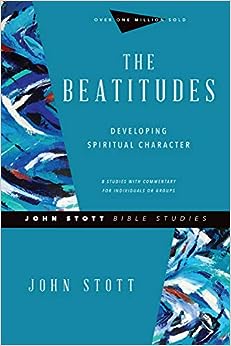The Beatitudes – Becoming Righteous, pt.1
Throughout Scripture, “righteousness” arises not simply in the negative of doing no harm, but includes the affirmative duties to “show mercy and compassion on the outcast, the oppressed, the weak, the orphan, and the widow” and “to have a burning compassion for the oppressed.”
The Beatitudes – Becoming Righteous, pt.1 Read More »


